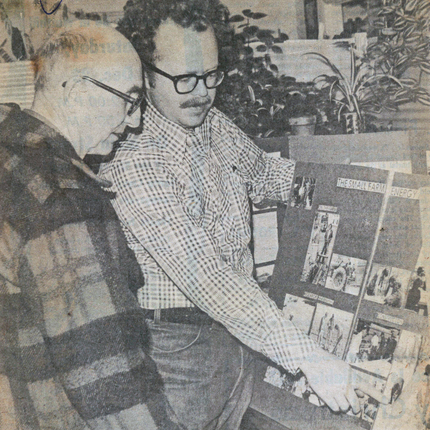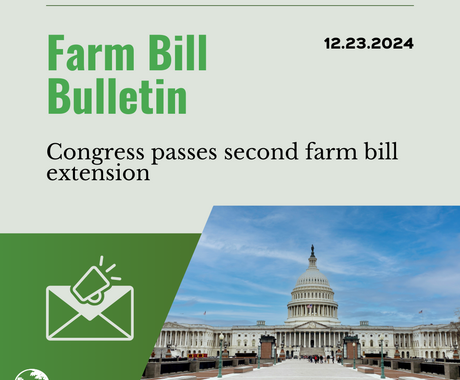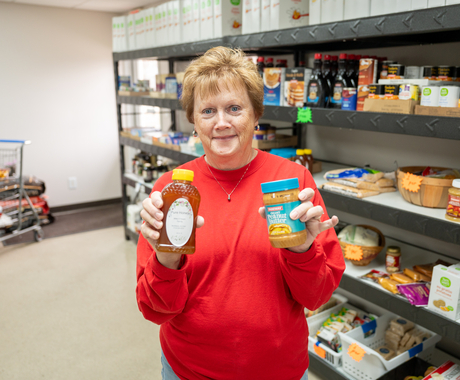One of the inaugural projects of the Center for Rural Affairs was the Small Farm Energy Project.
A three-year research and demonstration project working with 48 farms in Cedar County, Nebraska, the Small Farm Energy Project sought to demonstrate that the adoption of alternative energy technologies by small family farms can make positive contributions to their incomes.
To make a three-year story short, it worked. In 1979, an average of $1,138 in energy expenses was saved for each participating farm. The project also brought attention to the Center as an organization empowering rural people to create change in their businesses or communities by providing credible and practical assistance and advice.
The Center already understood then that renewable energy offered both environmental and economic benefits for independent operators. In the following decades, the Center continued to promote clean energy, including through local, state, and federal policy change.
Now, in 2024, the country finds itself at the vanguard of a major new emphasis on clean energy deployment. The Inflation Reduction Act, passed by Congress in 2022, provides an array of incentives, regulations, loans, and grants designed to help remake the way we produce energy. Many of these new programs are just beginning to roll out.
For example, the Greenhouse Gas Reduction Fund, a multi-billion-dollar program at the Environmental Protection Agency will make awards in 2024 to support low-income residential solar grants and financing. At U.S. Department of Agriculture, the Rural Energy for America Program received an infusion of funding to provide grants and loans to support both farm and non-farm rural small business participation in clean energy and energy efficiency upgrades. Homeowners, businesses and developers, and nonprofits will be able to leverage new tax credits to support solar and other clean-energy technology.
As these new federal programs roll out, the Center’s focus is on developing programs, assistance, and resources to help rural people understand, access, and leverage the array of new opportunities in ways that align with Center values such as stewardship, involvement, and ownership.
As a Center supporter, you have long understood the importance of renewable energy. Now, for the first time in all of our lives, including the lifetime of the Center, federal policy is fully aligned with this goal.
This means new opportunities for communities, businesses, households, and farms to participate directly in clean energy development, participating in and benefiting from local or individual ownership as well.
Together we have an opportunity to meet the moment, harness these resources, and make sure they work for rural people. It’s work we started in 1976, and work we will finish in the decades ahead.
Feature photo: From the 1978 scrapbook. The Center for Rural Affairs spread the word about some of its projects during Tuesday's open house at its office in Walthill. Among those attending the open house was Robert Miller, of Spokane, Washington, left, who listens to Center co-director Don Ralston explain some of the solar energy programs in progress. Miller is a brother-in-law of Anton Vavra of Walthill. More than 70 people turned out for the open house.




